‘Daniel Morgan inquiry is a badge of shame for the Metropolitan Police’
Your digest of analysis and commentary from the British and international press
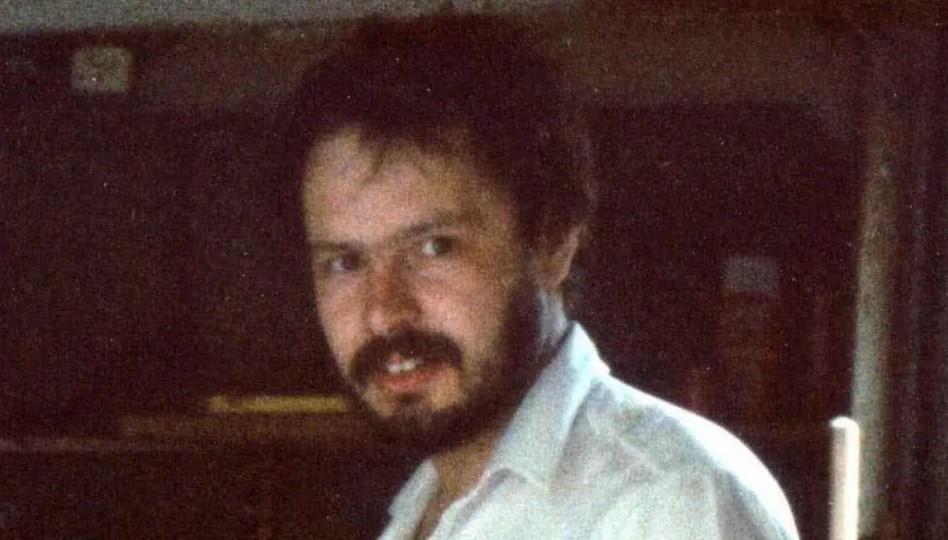
A free daily email with the biggest news stories of the day – and the best features from TheWeek.com
You are now subscribed
Your newsletter sign-up was successful
1. The Times view on the Daniel Morgan inquiry: Institutional Corruption
The Times editorial board
on justice denied
“It is 22 years since the Metropolitan Police was branded ‘institutionally racist’ by Sir William Macpherson after his public inquiry into the murder of Stephen Lawrence,” writes The Times editorial board. “To that badge of shame, the Met can now add another.” The 1,200-page inquiry report into the murder of Daniel Morgan, a private investigator killed with an axe in a London car park in 1987, “amounts to a damning account of police failure”, the paper continues. The most “damaging” of the report’s charges relate to “the extraordinary lengths to which the Met went to cover up its own mistakes”. Much of this subterfuge “took place on Dame Cressida Dick’s watch”, raising further questions over the Met chief’s leadership following recent scandals, “not least the grotesque failures of Operation Midland”, the investigation into what proved to be untrue claims of historical sex abuse. “Such institutional corruption has become an all too familiar feature of public life, as victims of the Hillsborough disaster and the postmaster scandal, who have faced similarly long waits for the truth to emerge, can attest.”
The Week
Escape your echo chamber. Get the facts behind the news, plus analysis from multiple perspectives.

Sign up for The Week's Free Newsletters
From our morning news briefing to a weekly Good News Newsletter, get the best of The Week delivered directly to your inbox.
From our morning news briefing to a weekly Good News Newsletter, get the best of The Week delivered directly to your inbox.
2. Is the EU about to crumble?
Ayaan Hirsi Ali on UnHerd
on Nexit
Five years have passed since Britain voted to leave the EU, but now the bloc is grappling with the “existential question” of “which, if any, of the remaining 27 countries will be next”, writes Ayaan Hirsi Ali on UnHerd. “If you believe the bookies, the odds-on favourite is Italy”, but “it would be unwise to rule out the country sitting in fourth place: the Netherlands”. The Dutch, “who are notoriously frugal, have become increasingly frustrated with the frivolity of EU spending” over the past decade, Hirsi Ali contends. Indeed, newly published research reveals “a striking decrease of support for the EU” in the Netherlands. And while a majority still favours remaining in the bloc, “we forget now how unlikely Brexit seemed to most commentators - until the first, stunning results came in”, she writes. “Could watching a successful exit by the UK push the Dutch population further in this direction? Don’t rule it out.”
A free daily email with the biggest news stories of the day – and the best features from TheWeek.com
3. Sorry, Biden. Putin honestly could not care less
Elena Chernenko in The New York Times
on Biden vs. Putin
“For a while, it wasn’t clear that this week’s meeting in Geneva between President Vladimir Putin of Russia and President Biden would go ahead,” writes Elena Chernenko in The New York Times. Fears that Biden would “publicly lecture his Russian counterpart on democracy and human rights” looked set to scupper the talks - “yet the Kremlin eventually accepted the invitation”, Chernenko continues. “Why? Besides the chance to de-escalate tensions, there’s one very good reason: Mr Putin has nothing to fear from Mr Biden. Enduringly popular and freshly buoyed by the quashing of the opposition, Russia’s president has ample cause to feel secure.” So secure, in fact, that the Kremlin can be confident that “whatever the American president might say in Geneva - or his administration do, by way of sanctions - will not affect Mr Putin’s rule in Russia”.
4. We must protect press freedom
The Telegraph editorial board
on unhindered journalism
“The hounding of BBC Newsnight journalist Nick Watt by a mob during an anti-lockdown protest in Westminster this week was disgraceful,” says The Telegraph editorial board. And “astonishingly, police officers at the protest just stood and watched”, the paper continues. While both Boris Johnson and Priti Patel may have condemned Watt’s treatment, “it counts for little” if police officers who witness abuse fail to intervene. Journalists should “be able to report the facts without fear or favour, not be intimidated by thugs”. While “it is welcome to see politicians defend the free press and its role underpinning our democracy”, their words “mean nothing if officers sit on their hands when they have an opportunity to act”, the paper concludes. “If police forces fail to understand their responsibilities, what is Ms Patel going to do about it?”
5. British politics is still drunk on Brexit spirit, and Boris Johnson won’t call time
Rafael Behr in The Guardian
on different hymn sheets
“There is a simple reason why Boris Johnson and European leaders failed to find common ground over Brexit at last week’s G7 summit” in Cornwall, writes Raphael Behr in The Guardian. “They are not even talking about the same thing.” For Johnson, “Brexit is a matter of national character that cannot be described in legal document” and the “withdrawal agreement was a single-use tool for levering himself out of a tight spot” . But for Brussels, “legal texts contain the true meaning of a project that only exists in the real world as a set of rules to be implemented”. That difference of interpretation “will continue to cause friction because it is not a misunderstanding”, Behr continues. “Johnson knows that legal arguments over the Northern Ireland protocol favour the European position. He chooses not to care.” To concede that any part of the UK might be subject to European regulatory standards “would be to admit that a portion of sovereignty was conceded in the negotiations”. And “that would be a stain on his self-image as the man who made a clean break from Brussels. He finds confrontation more appealing, not least because he expects it to achieve more than compliance. Whether that is true depends on how you define achievement.”
-
 Quiz of The Week: 14 – 20 February
Quiz of The Week: 14 – 20 FebruaryQuiz Have you been paying attention to The Week’s news?
-
 The Week Unwrapped: Do the Freemasons have too much sway in the police force?
The Week Unwrapped: Do the Freemasons have too much sway in the police force?Podcast Plus, what does the growing popularity of prediction markets mean for the future? And why are UK film and TV workers struggling?
-
 Properties of the week: pretty thatched cottages
Properties of the week: pretty thatched cottagesThe Week Recommends Featuring homes in West Sussex, Dorset and Suffolk
-
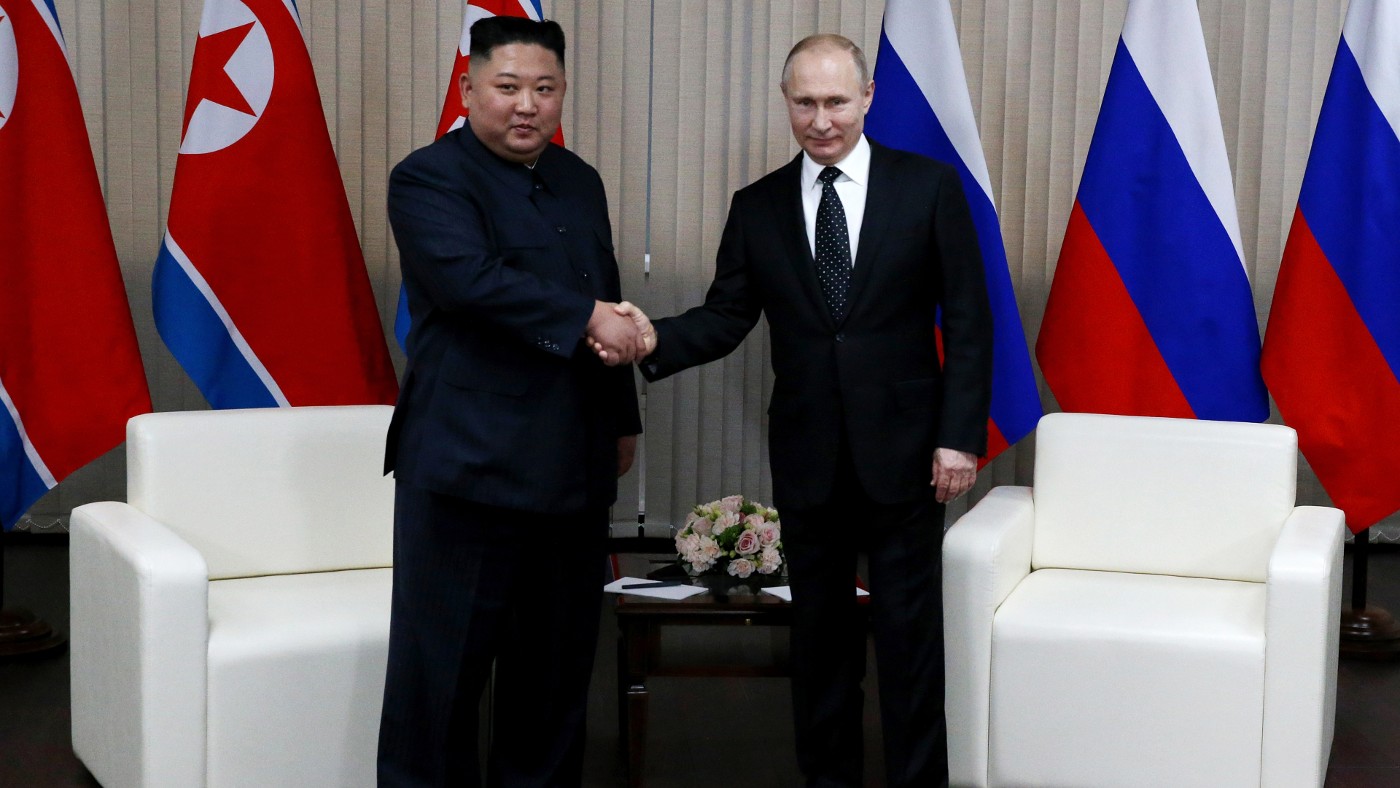 Would North Korean weapons tilt the war Russia’s way?
Would North Korean weapons tilt the war Russia’s way?Today's Big Question Putin wants to boost ‘depleted stocks’ but Pyongyang’s arms may be in poor condition
-
 Nobody seems surprised Wagner's Prigozhin died under suspicious circumstances
Nobody seems surprised Wagner's Prigozhin died under suspicious circumstancesSpeed Read
-
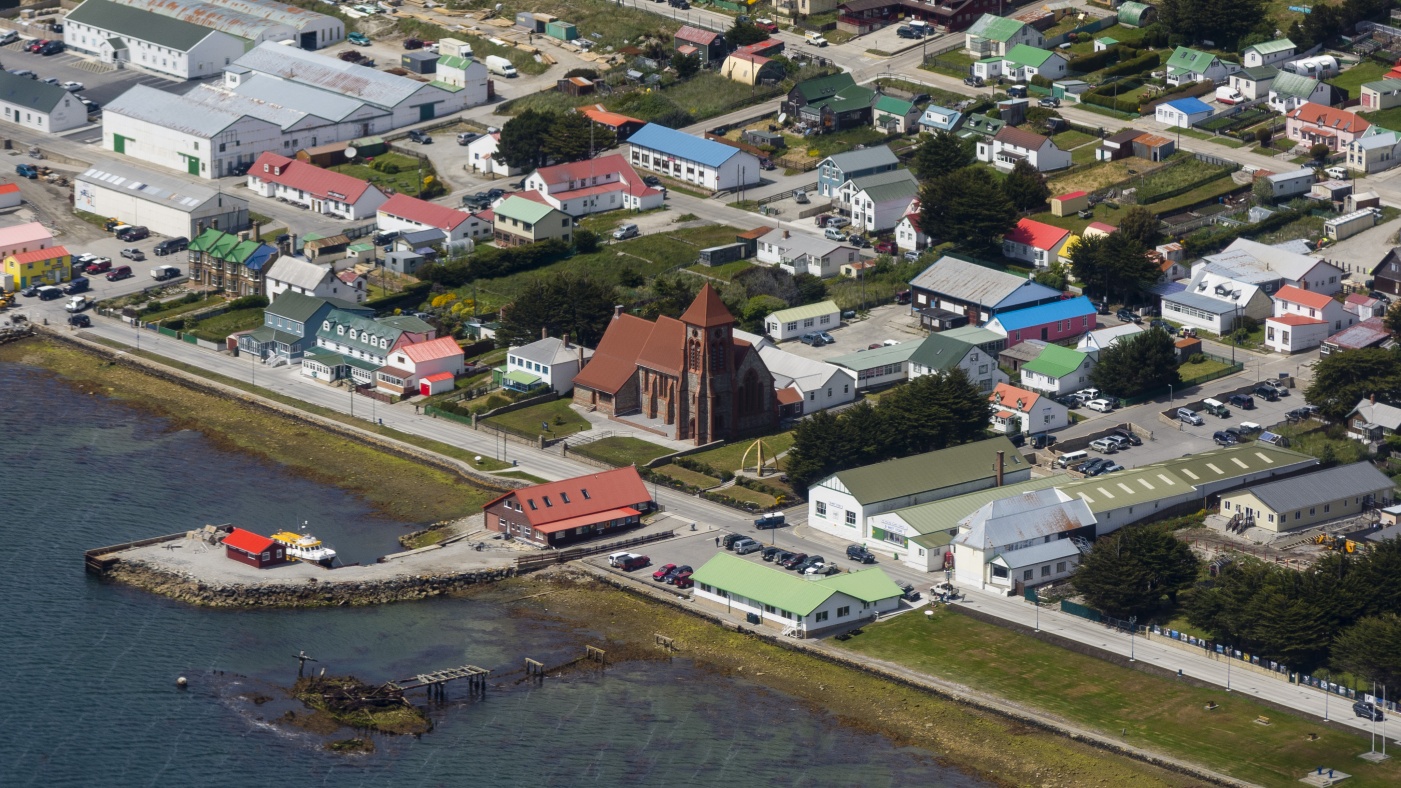 ‘Islas Malvinas’ and the new battle over the Falklands
‘Islas Malvinas’ and the new battle over the FalklandsTalking Point Argentina scores ‘major diplomatic win’ as EU refers to British territory by its disputed name
-
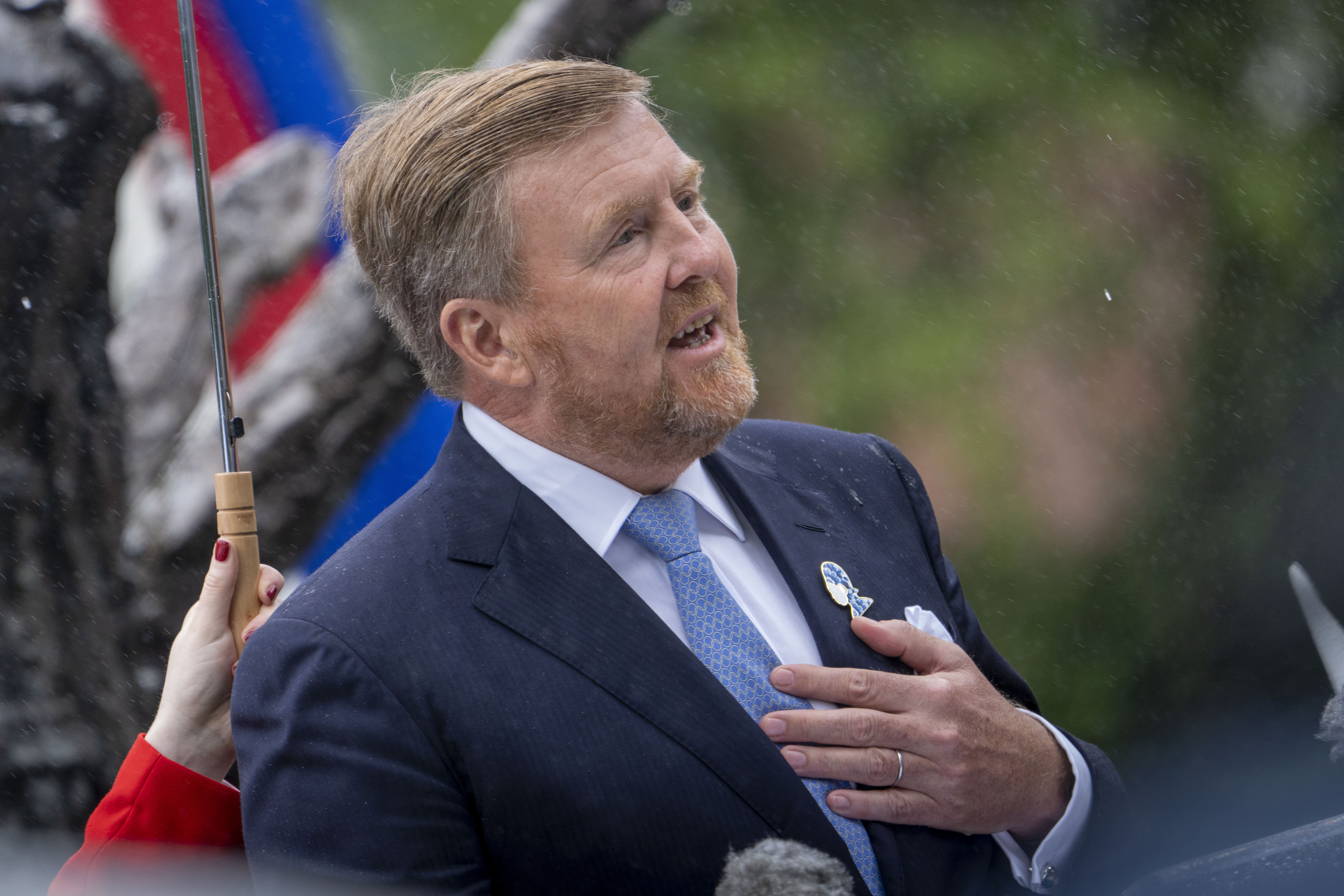 Dutch king apologizes for country's role in slave trade
Dutch king apologizes for country's role in slave tradeSpeed Read
-
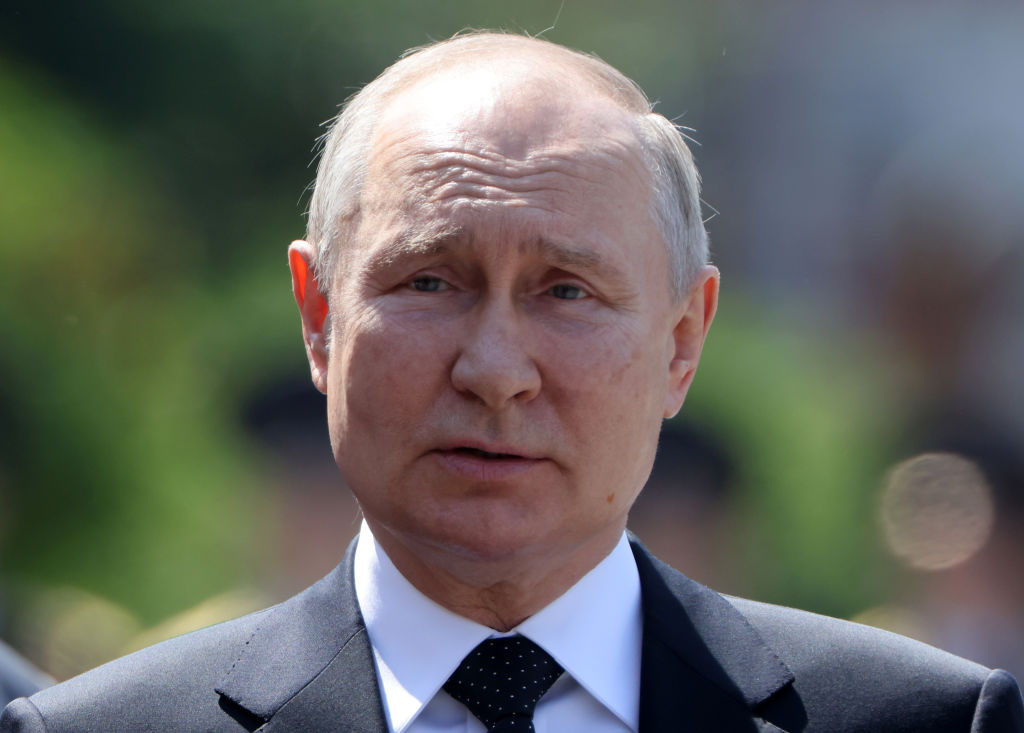 Putin's grip on power apparently damaged after Wagner mutiny
Putin's grip on power apparently damaged after Wagner mutinySpeed Read
-
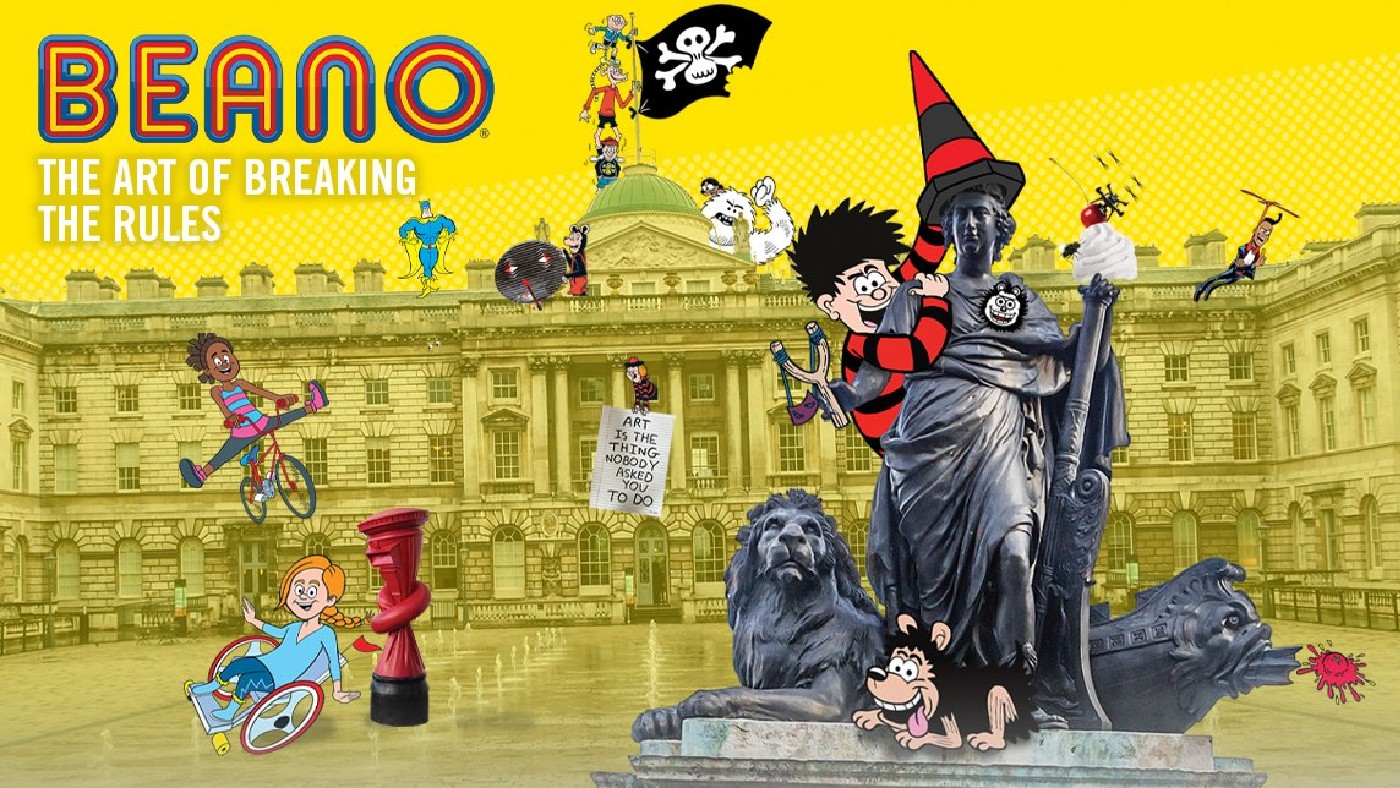 Beano comics sent to Australia
Beano comics sent to Australiafeature And other stories from the stranger side of life
-
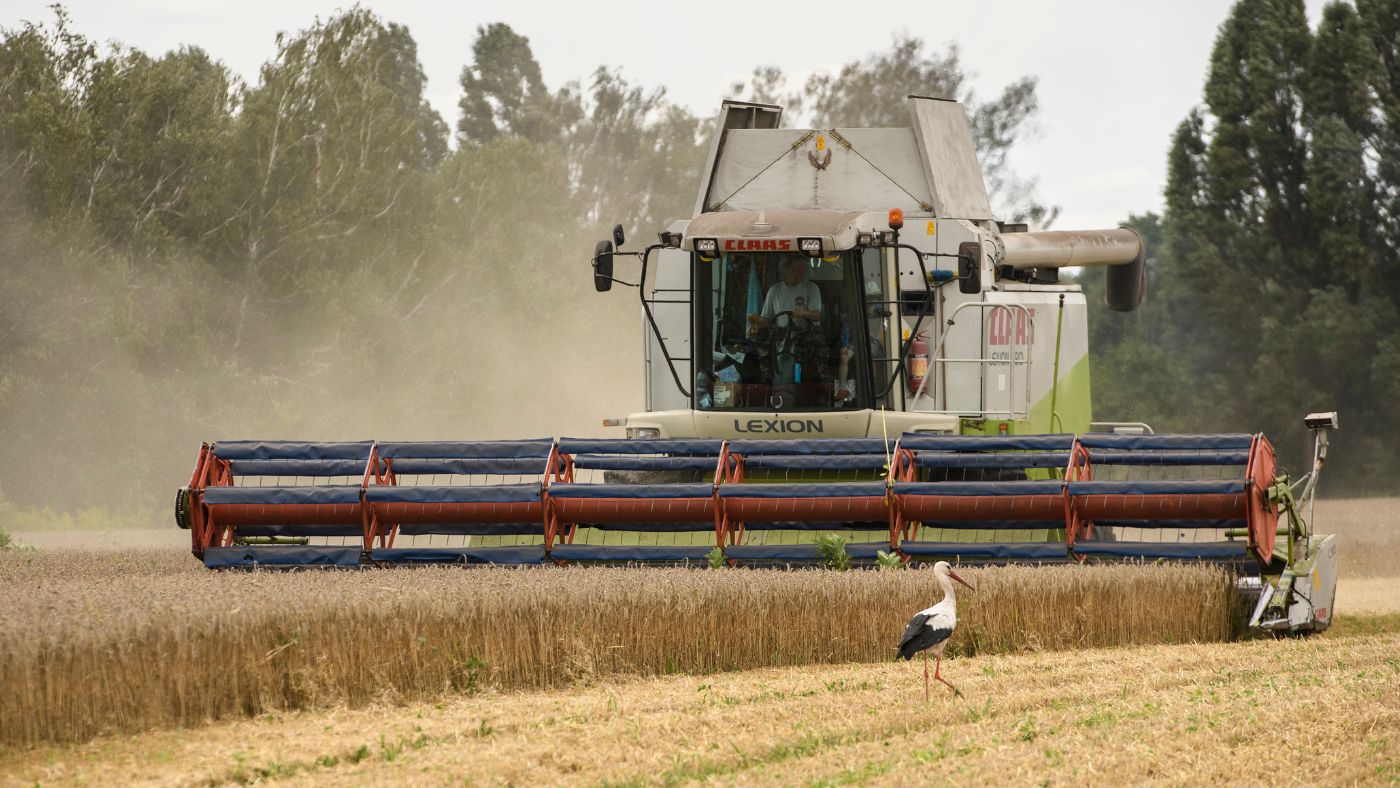 Ukrainian grain: rousing the fury of east Europe’s farmers
Ukrainian grain: rousing the fury of east Europe’s farmersfeature Three Eastern European countries have banned grain imports from the war-torn country
-
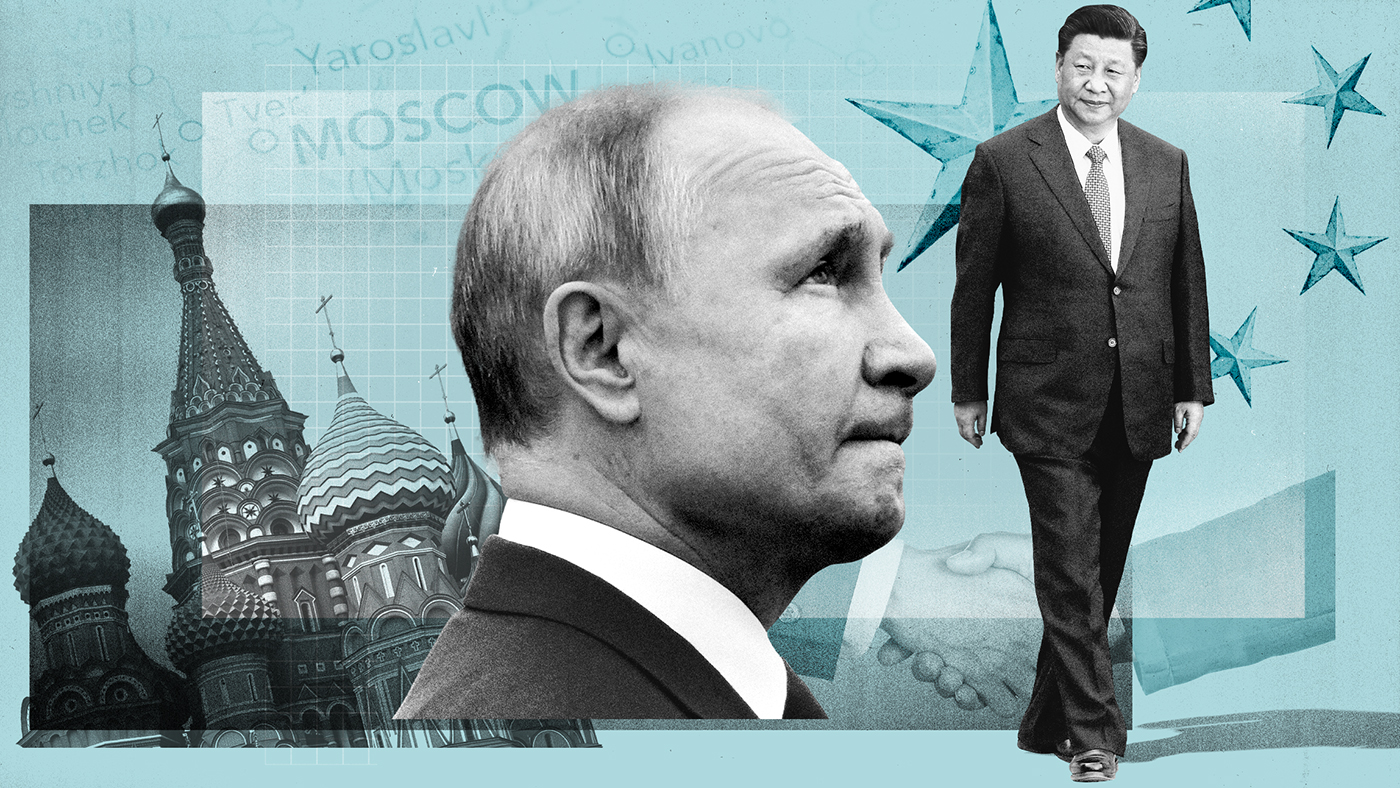 Is Russia a Chinese 'client state'?
Is Russia a Chinese 'client state'?Today's Big Question Reading between the lines of Xi and Putin's Moscow summit